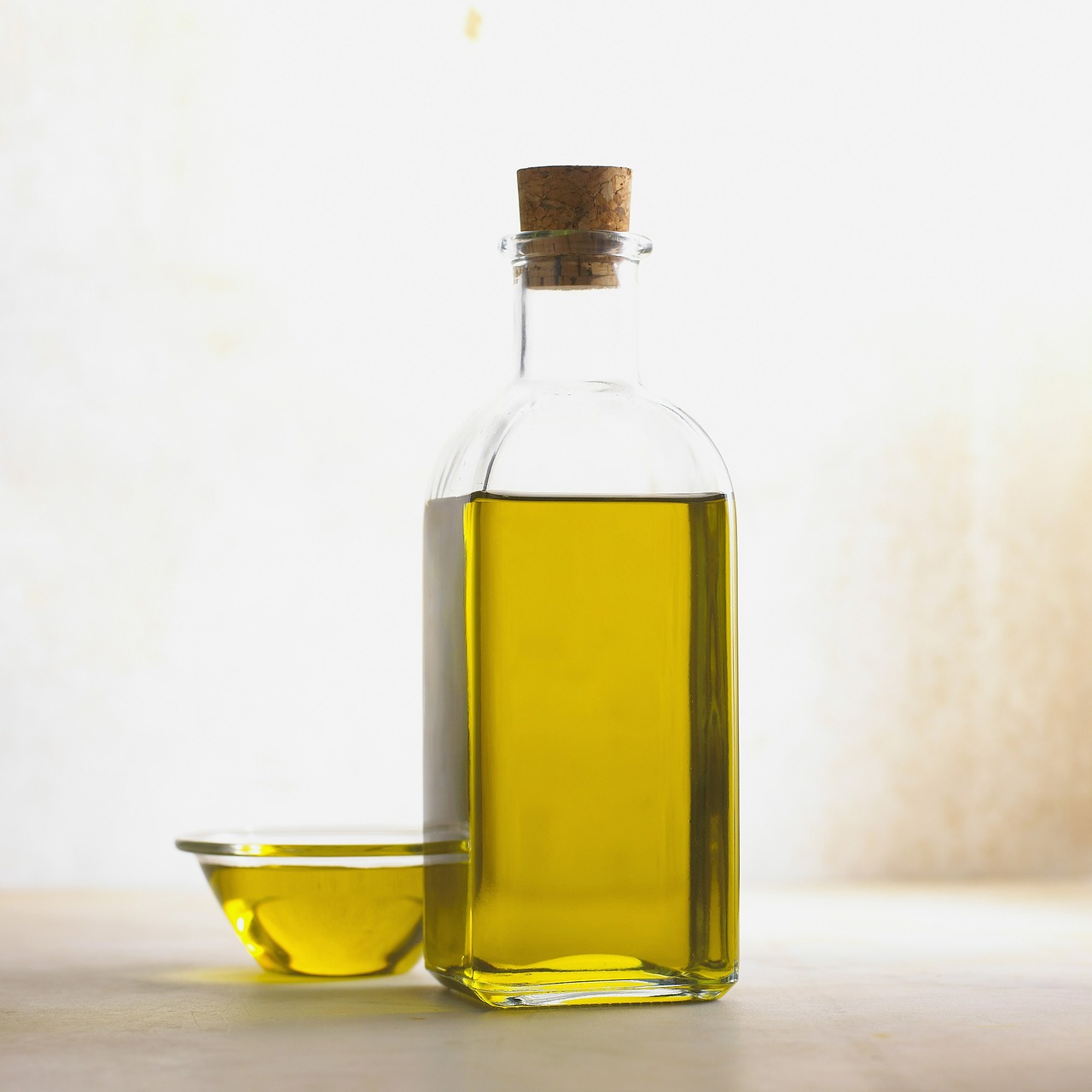When we suffer from particular diet-related health problems, one of the first tips we are given is more or less always the same. Cut back on seasonings, especially salt and oil. Two ingredients that are true protagonists of Mediterranean cuisine and that make many dishes extraordinary.
With respect to oil, we know that exaggeration is never the right choice, yet hardly anyone can tell us with certainty how much we should consume daily.
Or rather, we certainly know that the quantity should be as small as possible, yet is there a certain indication? It would seem so. Indeed, the researchers would also seem to give us some splendid news on the consumption, albeit moderate, of this extraordinary product.
A real juice of health
If we think of condiments, what comes out of it is certainly the thought of something very unhealthy.
Instead, many of these, in the right quantities, can be extremely healthy.
This is the case, for example, of a particular condiment that would seem to increase the sense of satiety, therefore, an excellent ally for diets and low-calorie diets.
Similarly there is a salt which could be considered excellent for health and also for anti-cellulite treatments.
Could olive oil therefore be less? Absolutely not, and in fact it has great beneficial properties for the body.
In addition to having several antioxidant components, it seems to have a regulatory role in blood fat levels, coagulation and other blood aspects. In this sense, therefore, it would seem to have positive effects against cardiovascular diseases, as well as possessing anti-inflammatory and emollient properties.
This may also be the reason why it is used in various cosmetic products.
Here’s how much oil we should consume according to researchers to reduce cardiovascular, neurological and pulmonary risks
And it doesn’t stop there! According to reports a study cited by the Veronesi Foundation, olive oil could be closely correlated with longevity.
And here’s how much oil we should consume, Harvard University researchers explain it. More precisely the Harvard TH Chan School of Public Health.
The study, also reported in the Journal of The American College of Cardiology, claims that the ideal consumption would be at least around 7 grams per day. Put simply about 1 or 2 tbsp.
This dose appears to be linked to a significant reduction in various pathologies.
Cardiovascular, neurodegenerative, pulmonary diseases and even some forms of cancer.
The risk reduction would seem to increase when we use oil as a substitute for butter, margarine and other sources of fat. For this reason, studies and in-depth studies on this extraordinary product are still underway to fully understand its role in prevention.
When in doubt, in the right measure, it can only be a real cure-all.


